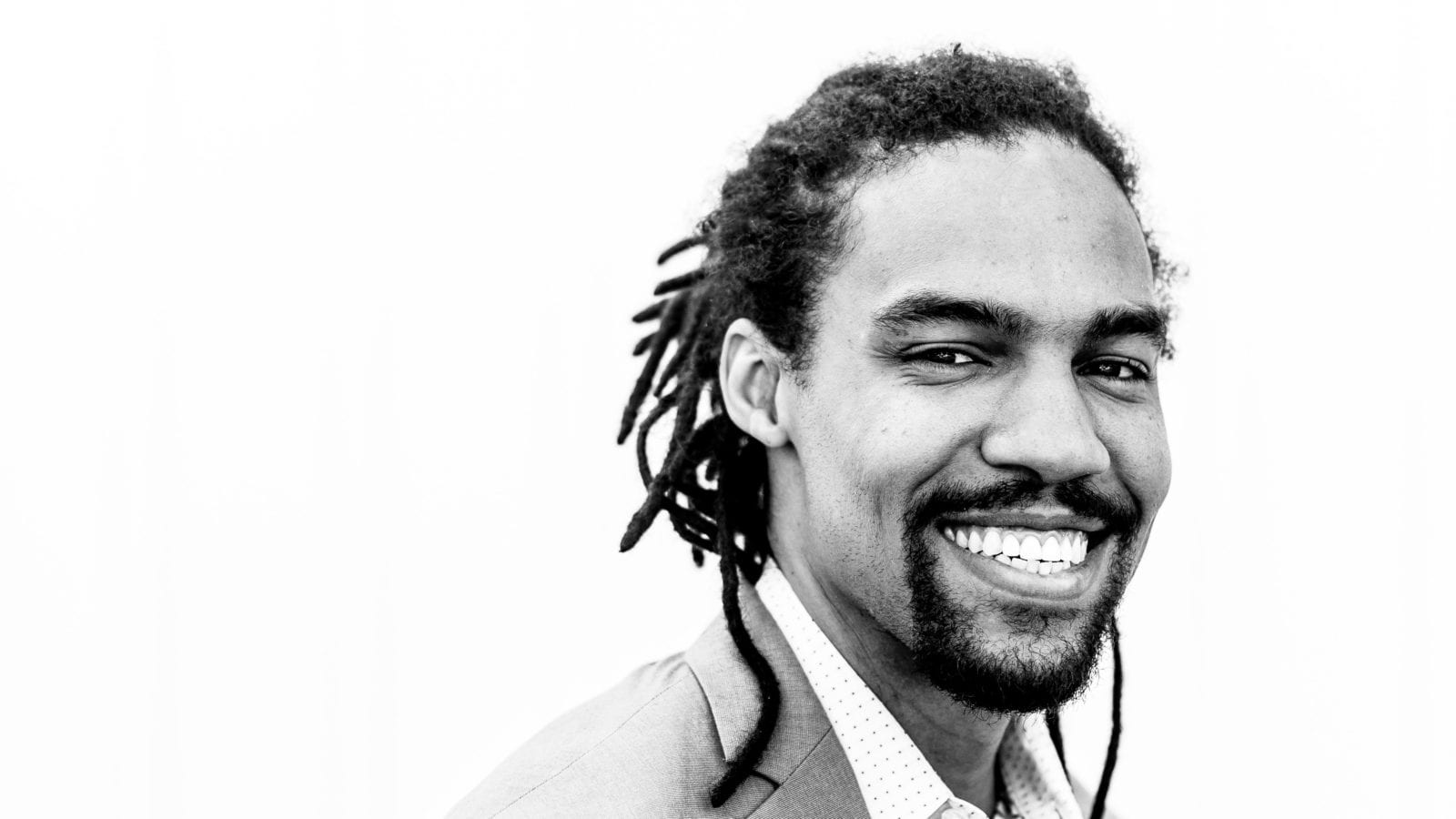It has been a busy summer for musician, professor, entrepreneur, and community organizer Pierce Freelon ’02. In April, he announced his candidacy for mayor of Durham, North Carolina, a city of 267,000 in the Raleigh-Durham metropolitan area. While the region gets high marks for livability and quality of life, Durham’s children of color face a poverty rate of 40 percent, Freelon notes. The area is also grappling with income inequality, unemployment, the rising cost of housing, and gentrification. Freelon, 33, saw an opportunity to make things better in his hometown.
“I’m raising kids in this community where the city is rapidly changing,” he explained in a campaign video. “I want to make sure as the city continues to develop and grow that all young people in Durham have equal access to opportunity…. How do we create spaces for all members of our community to have a voice, to have a seat at the table?”
Freelon, who will be Williston’s Commencement speaker in May, was one of five candidates to seek the seat. The top two vote-getters during the nonpartisan municipal primary on October 10 went on to a general election in November. Freelon came in third, with just under 16 percent of the vote. “We ran a smart, principled campaign focused on the moral issue of poverty, and were unapologetic in articulating bold solutions,” he posted on Instagram after the election. “We stand by our values, and in the legacy of our ancestors, when we say: another world is possible. Growing Durham does not have to mean growing poverty. This message resonated with thousands of Durham residents.” Freelon’s jazz-hip-hop band The Beast played for fans and supporters on the roof of the Durham Hotel in a celebration of the campaign.
Music and politics infiltrate other areas of Freelon’s multifaceted professional life. He founded Blackspace, a digital maker space in Durham where young people learn about music, film, and coding. He co-founded Beat Making Lab, an Emmy-winning PBS web series and social entrepreneurship program. He has taught at UNC-Chapel Hill in the departments of music and African, African-American, and diaspora studies. And he has served on the boards of the North Carolina Arts Council, the Durham Library Foundation, and the Nasher Museum of Art.
In response to the electoral loss, Freelon urged his supporters to continue their efforts. “We will return to the principles that launched this campaign; return to the communities we rallied for social and economic justice; return to the work of innovation and transformation that Durham is known for,” he wrote. “There is work to be done, and we can’t do it alone.”

